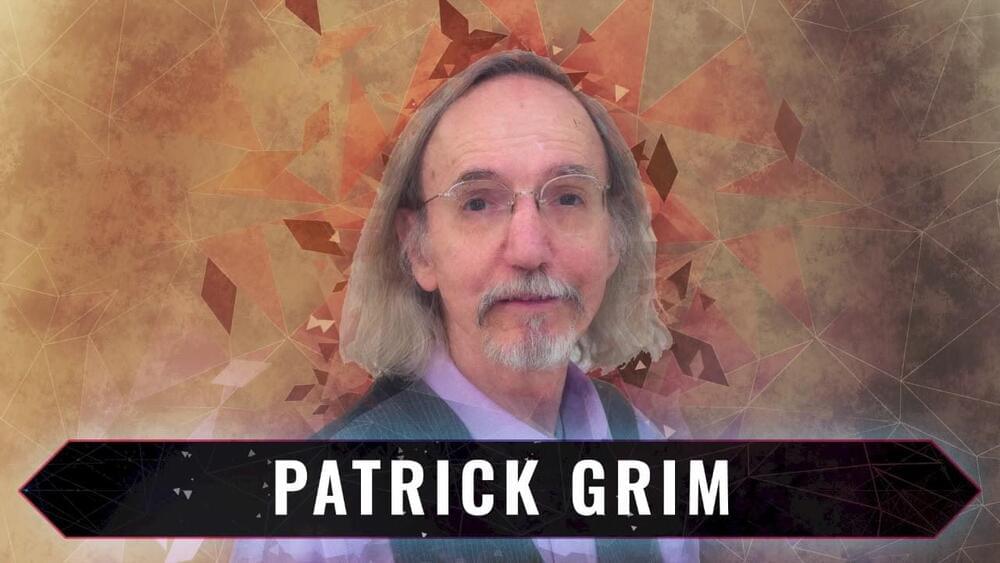Mind-body philosophy | solving the hard problem of consciousness.
Recent advances in science and technology have allowed us to reveal — and in some cases even alter — the innermost workings of the human body. With electron microscopes, we can see our DNA, the source code of life itself. With nanobots, we can send cameras throughout our bodies and deliver drugs directly into the areas where they are most needed. We are even using artificially intelligent robots to perform surgeries on ourselves with unprecedented precision and accuracy.
Materialism says that the cosmos, and all that is contains, is an objective physical reality. As a result, philosophers who subscribe to this school of thought assert that consciousness, and all that it entails, arises from material interactions. As such, the material world (our flesh, neurons, synapse, etc.) is what creates consciousness.
Idealism says that the universe is entirely subjective and that reality is something that is mentally constructed. In other words, consciousness is something that is immaterial and cannot be observed or measured empirically. Since consciousness is what creates the material world, according to this school of thought, it is unclear if we can ever truly know anything that is mind-independent and beyond our subjective experience.
Dualism essentially holds that mental phenomena are, in some respects, non-physical in nature. In this respect, the mind and the body exist, but they are distinct and separable.
Although most modern philosophers subscribe to the materialist view, determining, and ultimately understanding, the nature of human consciousness using an empirical methodology is a remarkably difficult task. The primary issue with accomplishing the aforementioned is that empirical science requires things to be measured objectively. And when it comes to consciousness, everything is subjective.
So, what can science say about human consciousness? Can it say anything at all?
In this week’s episode, Patrick Grim joins host Demetri Kofinas for an exploration of the roots of human consciousness and an examination of what the world’s greatest philosophers think about the relationship between the mind and body.
In Episode 51 of Hidden Forces, Demetri Kofinas speaks with Patrick Grim, a world-renowned philosopher, and bestselling author, about the roots of human consciousness.
Recent advances in science and technology have allowed us to reveal — and in some cases even alter — the innermost workings of the human body. With electron microscopes, we can see our DNA, the source code of life itself. With nanobots, we can send cameras throughout our bodies and deliver drugs directly into the areas where they are most needed. We are even using artificially intelligent robots to perform surgeries on ourselves with unprecedented precision and accuracy.
But despite all the advances that we’ve made, there’s one part of our biology that remains largely in the shadows: the human brain.
We know that the brain is a material object. It is composed of gray matter, neurons, and trillions of synapses. What we don’t understand, and what philosophers and neuroscientists have been trying to figure out for quite some time, is how our consciousness (our thoughts, emotions, experiences, and everything that makes us who we are) can be explained by these few pounds of matter.
Ultimately, it is a problem that’s centered on the relationship between mind and body. Formally, it is known as “the mind-body problem.” Put succinctly, it’s the problem of trying to explain the relationship between the mental realm and the physical realm — between the material and immaterial. It is also known more commonly by David Chalmer’s phraseology” “the hard problem of consciousness.”
Although Rene Descartes is often credited as being the first thinker to worry about the connection between mind and body (or mind and matter), the question is actually a far older one. In fact, it extends at least as far back as Plato and Socrates, and it is characterized by three primary schools of thought.
